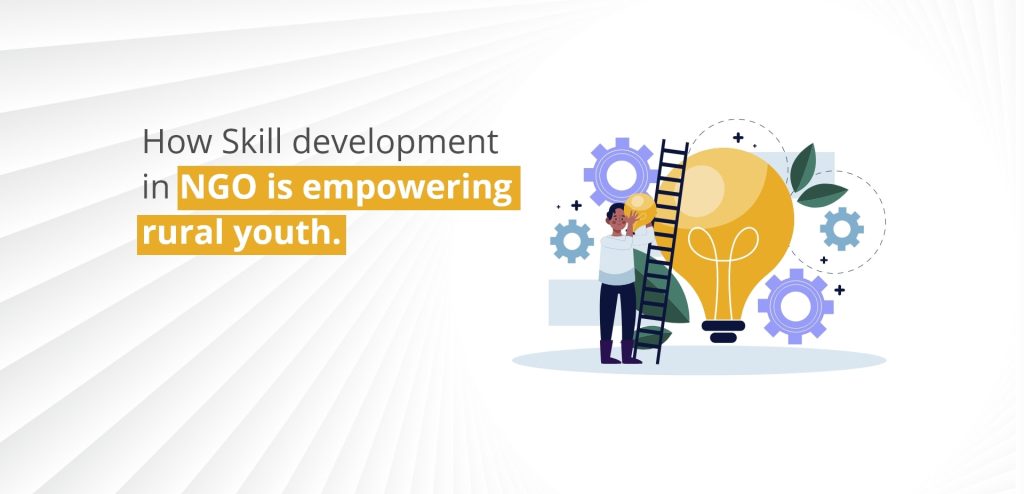In the heart of rural India, where aspirations often meet with limited opportunities, Narayan Seva Sansthan emerges as a beacon of hope. As a 501(c)(3) non-profit organization based in the USA, Narayan Seva Sansthan extends its compassionate arm to underprivileged and differently-abled individuals in India, transforming lives through a multi-faceted approach. One of the key pillars of their impactful initiatives is skill development, a catalyst for empowering rural youth and fostering sustainable change.
Overview: A Commitment to Transformation
Narayan Seva Sansthan, with its IRS ruling year dating back to 2001, stands as a testament to its unwavering commitment to the realm of social welfare. The organization not only provides free surgeries and artificial limbs but goes a step further by focusing on skill development programs. These programs encompass vital areas such as computer training, mobile repairing, and sewing – equipping individuals with practical skills that transcend the boundaries of physical limitations.
Skill Development NGO: A Game-Changer for Rural Youth
Unleashing Potential through Education: In rural areas, limited access to education often hinders the growth of youth who are also differently-abled. Narayan Seva Sansthan addresses this challenge head-on by integrating skill development into its educational initiatives. The impact of Skill Development NGOs on education is profound, creating a paradigm shift by offering tangible, real-world skills that complement academic learning.
Computer Training: The digital divide is a stark reality in rural India. Narayan Seva Sansthan bridges this gap by providing computer training. This not only enhances employability but also opens doors to online education, e-commerce opportunities, and digital communication – empowering differently-abled rural youth to navigate the modern world with confidence.
Mobile Repairing Training: In a world reliant on technology, mobile repairing skills are invaluable. By imparting training in this field, the NGO not only enables individuals to carve a niche in the market but also promotes self-reliance. The impact of skill development NGOs on education, in this context, is evident as it fosters independence and entrepreneurship.
Sewing Training: Sewing is not just a skill; it’s a livelihood. Narayan Seva Sansthan recognizes the potential for economic empowerment through sewing training. By teaching this traditional craft, the NGO empowers individuals with disabilities to create their businesses on their own, contributing to local economies and breaking the cycle of poverty.
Donation for Skill Development: A Lifeline for Progress
The transformative power of skill development hinges on the support it receives. The impact of the skill development NGO resonates through the generous donations it receives from patrons in the USA. Every contribution is a step towards shaping a brighter future for the rural youth in India. Moreover, as a 501(c)(3) non-profit organization, Narayan Seva Sansthan offers donors the opportunity to make tax-deductible contributions, encouraging more individuals to participate in this noble cause.
Narayan Seva Sansthan: Beyond Surgeries, A Journey to Self-Reliance
Narayan Seva Sansthan’s holistic approach sets it apart in the realm of social welfare. Beyond surgical interventions and artificial limbs, the organization envisions a future where underprivileged individuals with disabilities are not just recipients of support through charity but active contributors to society. The skill development programs become the cornerstone of this vision, transforming beneficiaries into self-reliant, skilled professionals.
Inspiring Change, One Skill at a Time
The impact of skill development NGOs on education, particularly in rural settings, is a catalyst for positive change. Non-government organizations like Narayan Seva Sansthan initiatives exemplify how practical skills can break the shackles of limited opportunities and empower individuals to forge their destinies. As patrons from the USA contribute to this cause, they not only support skill development but also become architects of sustainable progress, leaving an indelible mark on the lives they touch.








